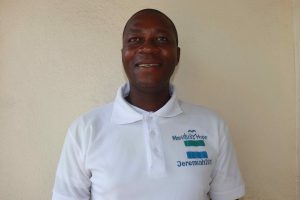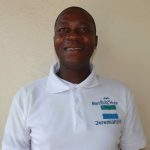December, 2022: Karma Community Well Rehabilitation Complete!
We are excited to share that a safe, reliable water point at Karma Community in Sierra Leone is now providing clean water to community members! We also conducted hygiene and sanitation training, which focused on healthy practices such as handwashing and using latrines.
"Today, I am so excited beyond belief to have the well restored back," said 30-year-old Emma Bangura. "I am so thankful for you to bring safe and pure water [to] this community. The new water point will help me to save more money. Before, I usually paid youths to fetch water for me to boil the palm kernel, cooking, and [do] any other activities. I missed a lot of customers that came to my house to buy drinks. But [now] with the available water point that is [a] few steps to my home, [I can] make more sales on time and earn more money to support my family

Emma.
"Today, I am happy to have safe and pure drinking water in this community after so many years [of] drinking stream water. I will now fetch water on time for my mother to prepare meals for us, and the new well will reduce the chance of snake bites, and I will not be going to school late. [That] will be a thing of the past. Our lives will be improved due to access to safe and pure drinking water," said 12-year-old Sinnah K.

We held a dedication ceremony to officially hand over the well to the community members.
"Upon our arrival at the dedication ground, we met the community people singing and dancing for the new water point. Over 100 community people, both women, children, and as well as men, spread [around] the water point celebrating," said field officer Moses Kebbie.

Several local dignitaries attended the ceremony, including representatives from the Ministry of Water Resources and the Port Loko District Council. Each official gave a short speech thanking everyone who contributed to the rehabilitation of the water project and reminding everyone to take good care of it. Then, Emma and Sinnah made statements on their community's behalf. The ceremony concluded with celebration, singing, and dancing.
Clean Water Restored
The drill team arrived the day before beginning work. They set up camp and unpacked all their tools and supplies to prepare for drilling the next day. The community provided space for the team to store their belongings and meals for the duration of their stay. The following day, the work began.
First, we raised the tripod, the structure we use to hold and maneuver each drilling tool. Next, we measured the well's original depth. We then socketed the pipes and installed a casing.

Finally, we lined up the drill rods and started to drill! We reached a final depth of 18 meters with water at eight meters. The hand-drill method allowed the team to install the cylinder far below the aquifer so that the community has excellent water access throughout the year.
With drilling complete, we installed screening and a filter pack to keep out debris when the water is pumped. We then cemented an iron rod to the well lining and fixed it with an iron collar at the top.

Next, we bailed the well by hand for three days and flushed it, clearing any debris generated by the drilling process. Finally, we tested the yield to ensure the well would provide clean water with minimal effort at the pump.

Yield test.
As the project neared completion, we built a new cement platform, walls, and drainage system around the well to seal it off from surface-level contaminants. The drainage system helps to redirect runoff and spilled water to help avoid standing water at the well, which can be uncomfortable and unhygienic and a breeding ground for disease-carrying mosquitoes.

At last, we installed the pump and conducted a water quality test. The test results showed that this was clean water fit for drinking!

New Knowledge
Before conducting any hygiene training, we called and visited the local water user committee to understand the community’s challenges and lack of sanitation facilities. We shared the findings from our discussions with the committee members to help them make the necessary adjustments before the training began. For example, we identified households without handwashing stations or ones that may need to repair their latrines. With this information, community members worked together to improve hygiene and sanitation at home.
After this preparatory period, we scheduled a time when members from each household using the water point could attend a three-day hygiene and sanitation training. We then dispatched our teams to the agreed-upon location to hold the meeting.

Training topics covered included handwashing and tippy taps, good and bad hygiene habits, disease transmission and prevention, COVID-19, worms and parasites, dental hygiene, proper care of the well's pump, keeping the water clean, the cost recovery system, dish racks and clotheslines, the importance of toilets, keeping latrines clean, balanced diets, the diarrhea doll, and HIV and AIDS.

Proper use of mosquito nets.
"I was part of the hygiene and sanitation training, and the most important lesson learned in the hygiene training is handwashing. And another memorable lesson I learned from [this] is proper care and handling of unprepared food. With the availability of safe and pure water, this can now be achievable, and many diseases will be reduced from the community," said Emma, quoted earlier.

Learning about tippy tap handwashing stations.
An elderly man in attendance at the training Pa Abu, said, “Now I understand that we were not practicing proper handwashing. The reason for saying this is because most of the time when we worked at the farm, we normally washed our hands in one basin before eating. Just imagine a lot of people washing their hands in the same bowl. Some of us cannot even tell where those hands come from. Someone may come from the toilet and keep his or her hands in the bowl without our knowledge. This is very bad because the water would be contaminated.
"As a result, the transmission of diseases is likely to occur, such as typhoid and diarrhea. Then just after washing our hands, we all sit and eat as a family. This would be disastrous for our health. We were totally ignorant about this in time past. But due to the intervention of trainers, we have learned this important aspect, is that not so?"
The other participants gave a resounding yes!
Conclusion
This project required a substantial collaboration between our staff, our in-country teams, and the community members themselves. When an issue arises concerning the well, community members are equipped with the necessary skills to rectify the problem and ensure the water point works appropriately. However, if the issue is beyond their capabilities, they can contact their local field officers to assist them.
Also, we will continue to offer them unmatchable support as a part of our monitoring and maintenance program. We walk with each community, problem-solving together when they face challenges with functionality, seasonality, or water quality. Together, all these components help us strive for enduring access to reliable, clean, and safe water for this community.
With your contribution, one more piece has been added to a large puzzle of water projects. In our target areas, we’re working toward complete coverage of reliable, maintained water sources within a 30-minute round trip for each community, household, school, and health center. With this in mind, search through our upcoming projects to see which community you can help next!
Thank you for making all of this possible!

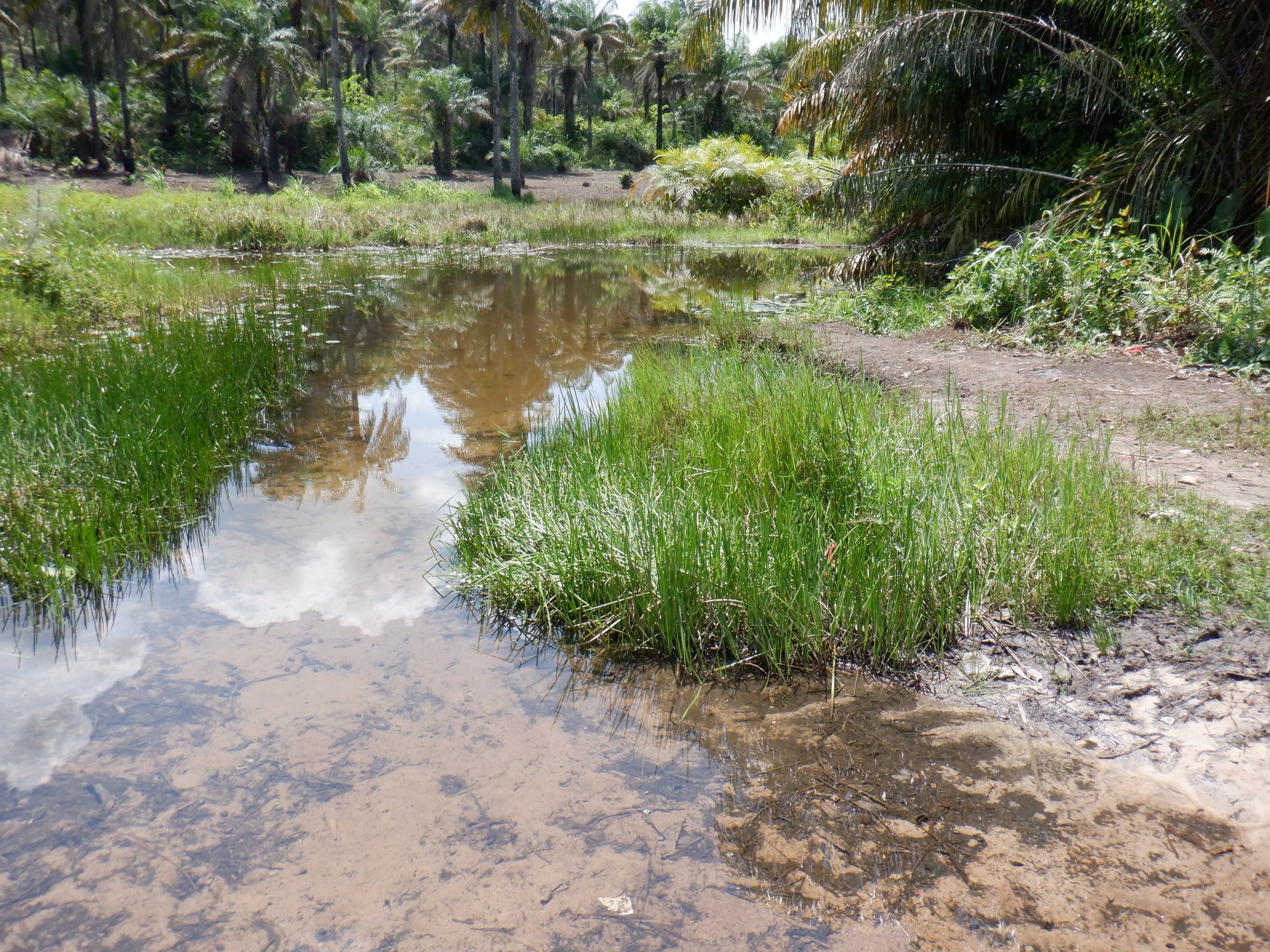
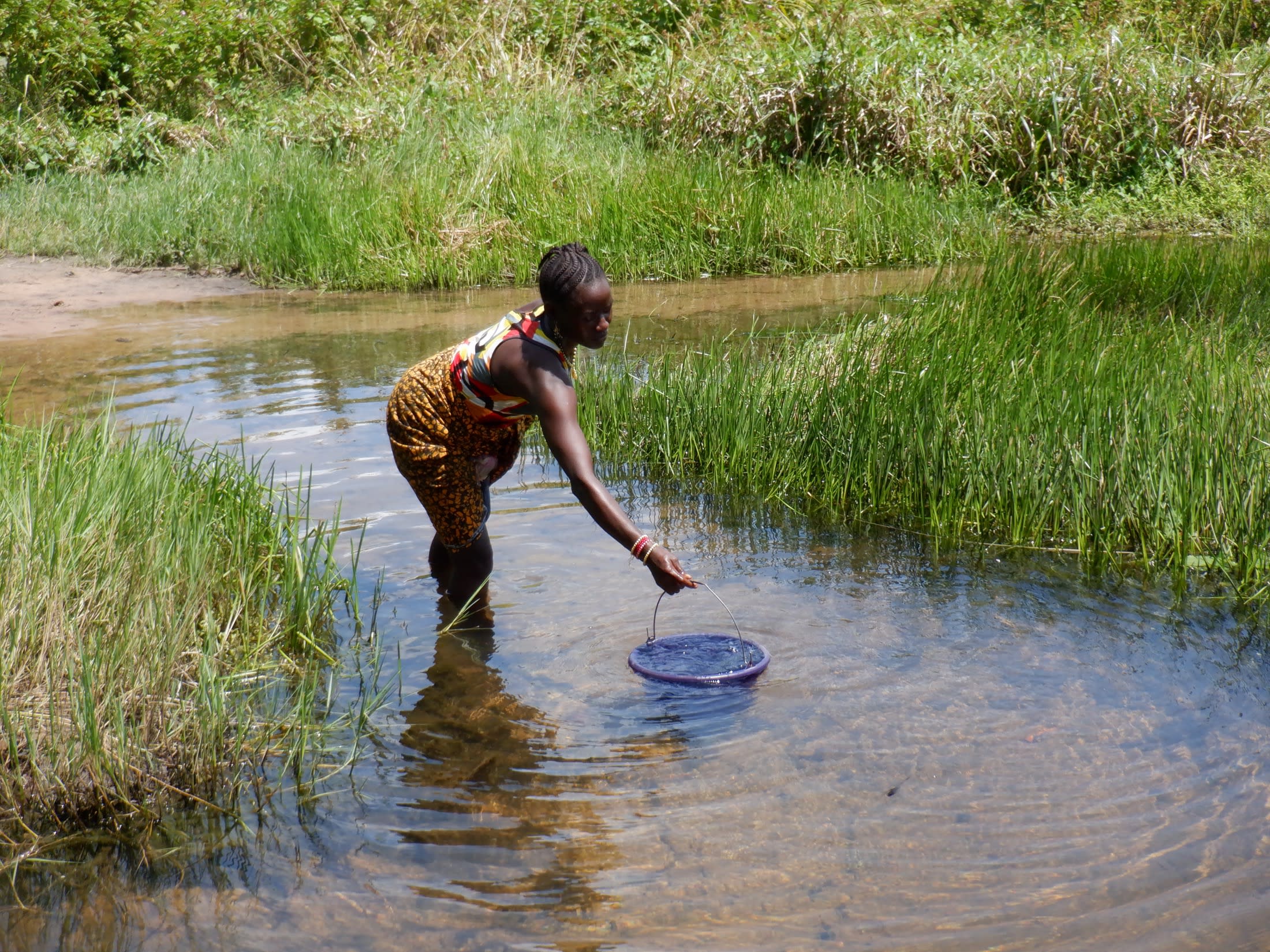
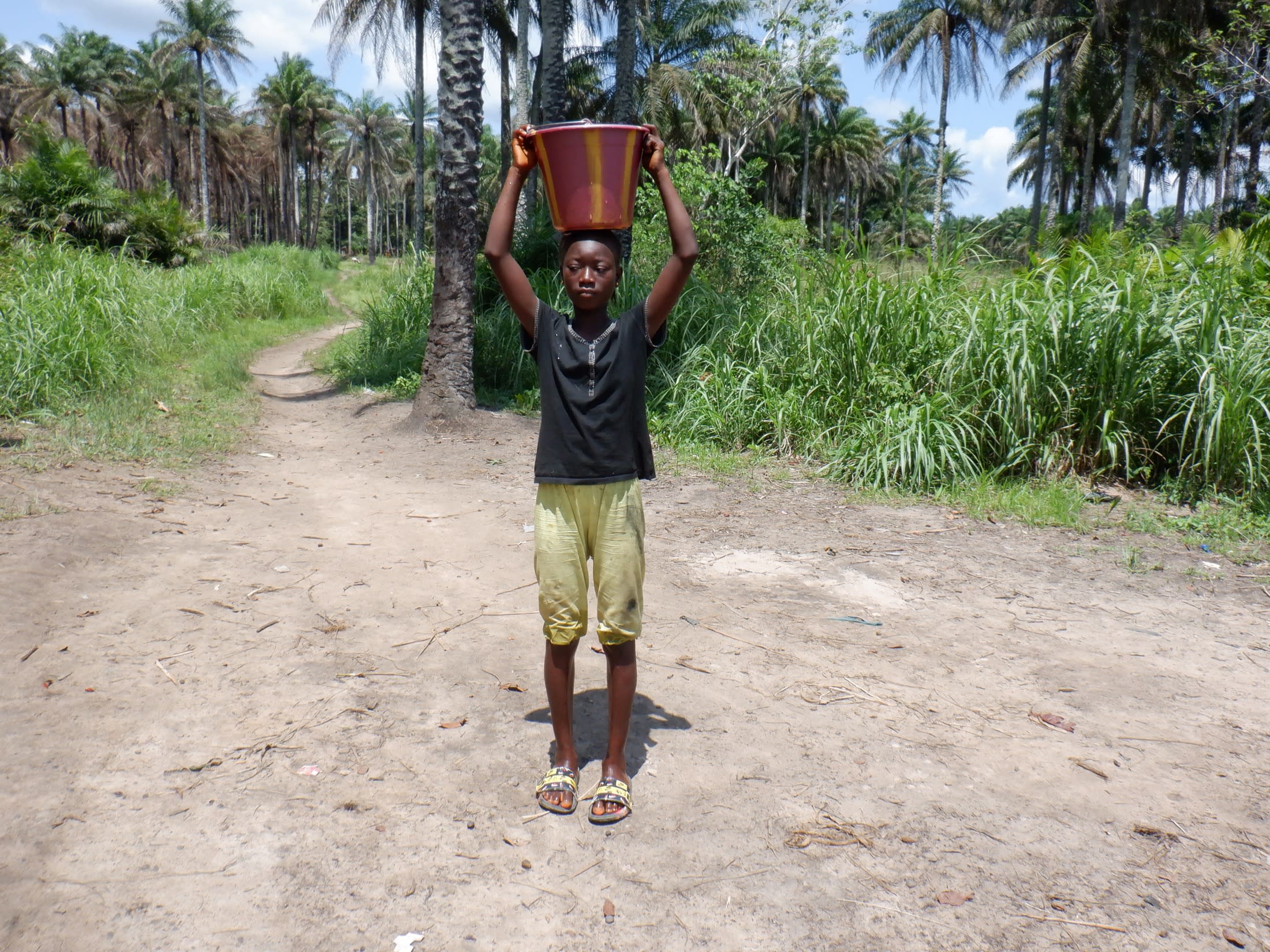

 Borehole Well and Hand Pump
Borehole Well and Hand Pump









